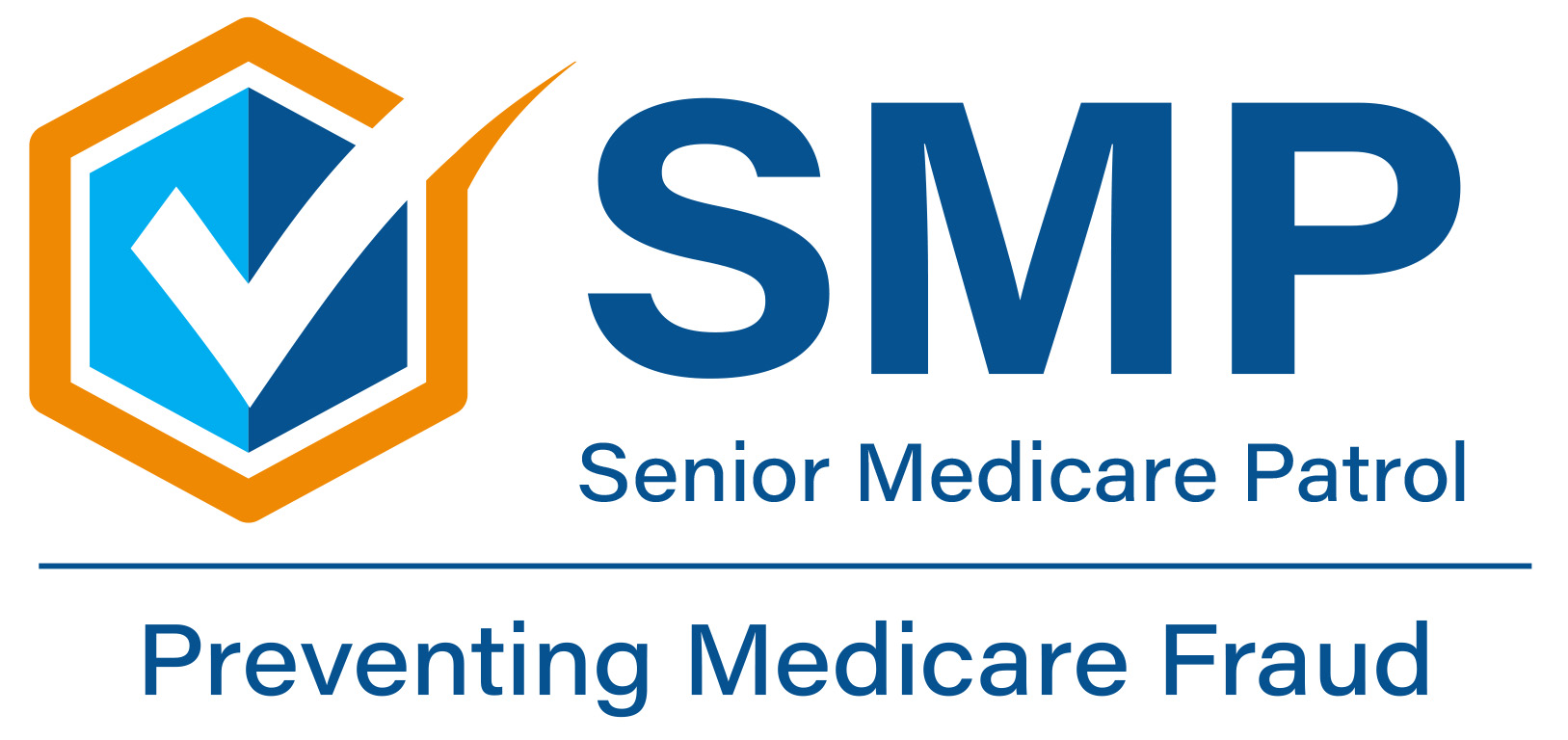Telehealth Fraud

Medicare covers telehealth services (also known as teledoc services or telemedicine). This could include medical appointments, therapy, consultations, and other medical or health services. These services are provided through an interactive, live, two-way communication system with audio and video. Criminals are using telehealth services to steal from beneficiaries and the Medicare program.
Report potential telehealth fraud, errors, or abuse if:
- You receive a call and are asked if you have pain or if you have a family history of cancer. They could be trying to approve you for a back brace, knee brace, or genetic testing that you do not need or want.
- You are transferred by phone to someone who can “get you approved.” They may be trying to get you to agree to something you do not need or may not qualify for.
- You are asked or pressured to agree to a test or procedure that would require an in-person visit.
Caregivers and family members, be on the lookout for:
- Your loved one receives a call from someone they don’t know who pressures them to reveal personal information
- Your loved one has a telehealth visit with a doctor they don’t know
- Charges on your loved one’s insurance statements for appointments that never happened or from providers they don’t know
Watch this video to learn how to read your Medicare Summary Notice (MSN) or Explanation of Benefits (EOB).
Report Suspected Fraud
To report suspected fraud, click here.
SMP Resources
- Telehealth Fraud Infographic
(English) (Arabic) (Chinese Simplified) (French) (German) (Korean) (Russian) (Spanish) (Tagalog) (Vietnamese)
OIG Resources
Other Resources
